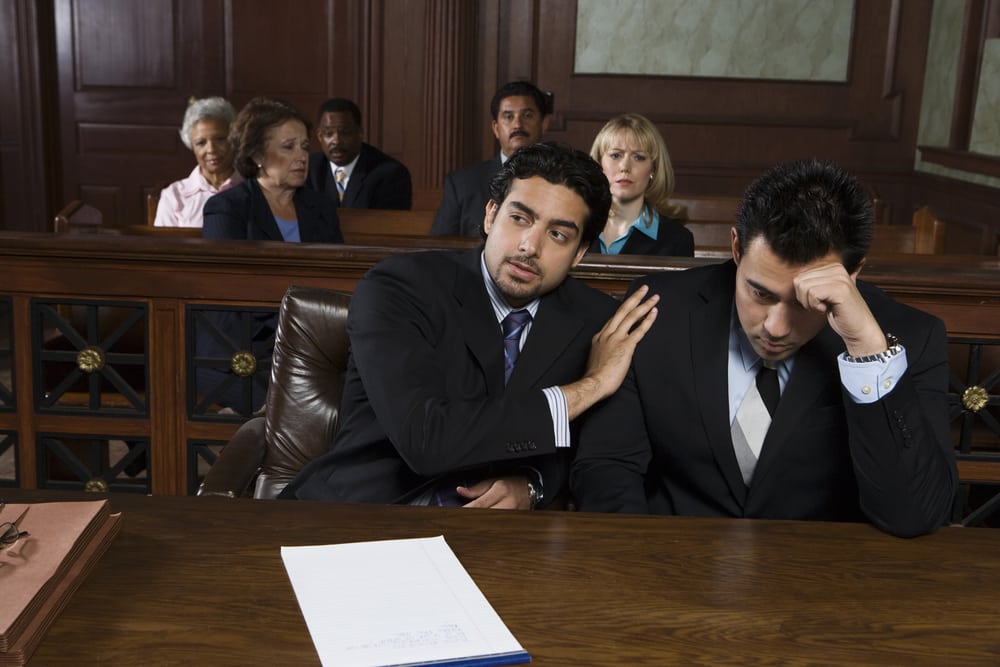False confessions are statements of guilt for activities in which the suspect was not engaged or did not commit. Although admitting guilt for something a person didn’t do may appear to be the last thing a defendant wants to do, there are a variety of reasons why this would happen.
Forced confessions, which are usually obtained via the use of terror or violence, are not the same as false confessions. Here’s the basics on false confessions, what to do if you’re detained by the authorities and pressured to give a confession, and where to get legal help when you need it.
Comparing The Main 3 Varieties of False Confessions
There are three separate classifications of false confessions per U.S. criminal code, including coerced confessions, compliant confessions, and confessions that are voluntary. Coerced or forced confessions happen when a suspect is made to doubt their own memory or recollection of what happened and they begin to think they actually were involved and their memory is wrong.
A compliant confession occurs when police harass a person during the interrogation to the point where they confess just to stop the abusive questioning. Voluntary confessions are most often made by mentally ill individuals who don’t fully understand their reality and mistakenly admit to their involvement.
The Psychology Behind False Confessions
Someone might admit to committing an offense they actually didn’t for a number of different reasons. One, they may be attempting to cover up for the actual perpetrator of the crime. Or, they may believe that their sentencing will be lighter if they did what investigators told them to do. People who have mental health conditions might make a voluntary confession because they believe it will result in fame.
Why a Denver Criminal Defense Lawyer Is Your Best Asset
The police aren’t watching out for your best interests, even if they say they are during your interrogation. If you hire a lawyer before you are questioned, you can prevent law enforcement from using intimidating or abusive tactics. If you’ve already made a false confession, a criminal defense attorney can help prove that there was an underlying reason you did so besides being guilty.
Contact Denver criminal defense lawyer Richard B. Huttner to book your consultation appointment today by dialing 303-981-6366. Our experienced legal team is available now to answer any questions you may have.

